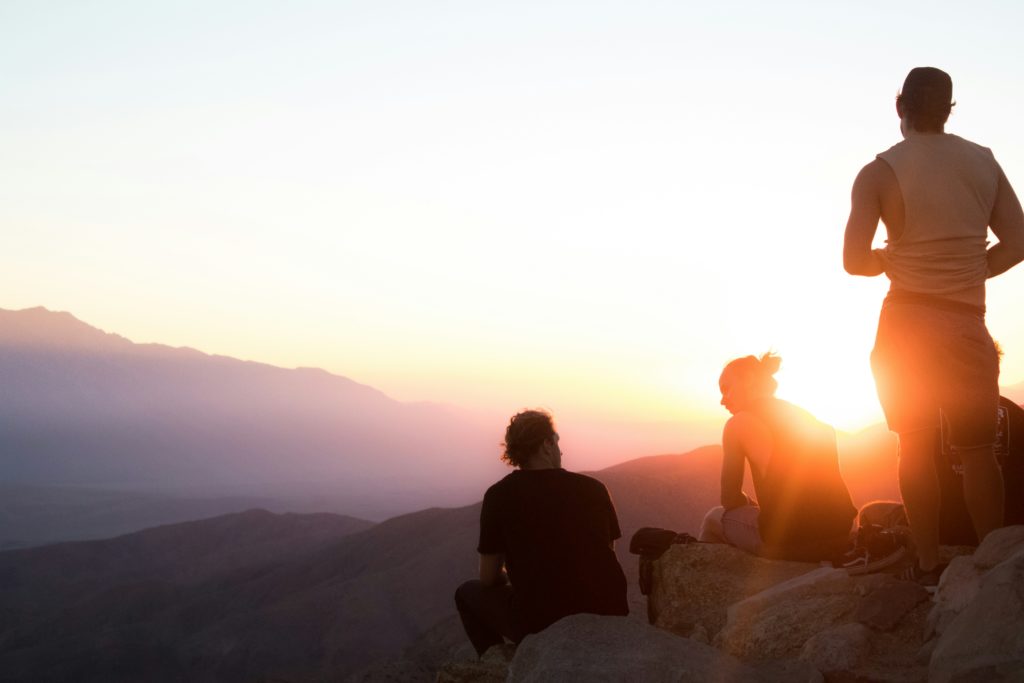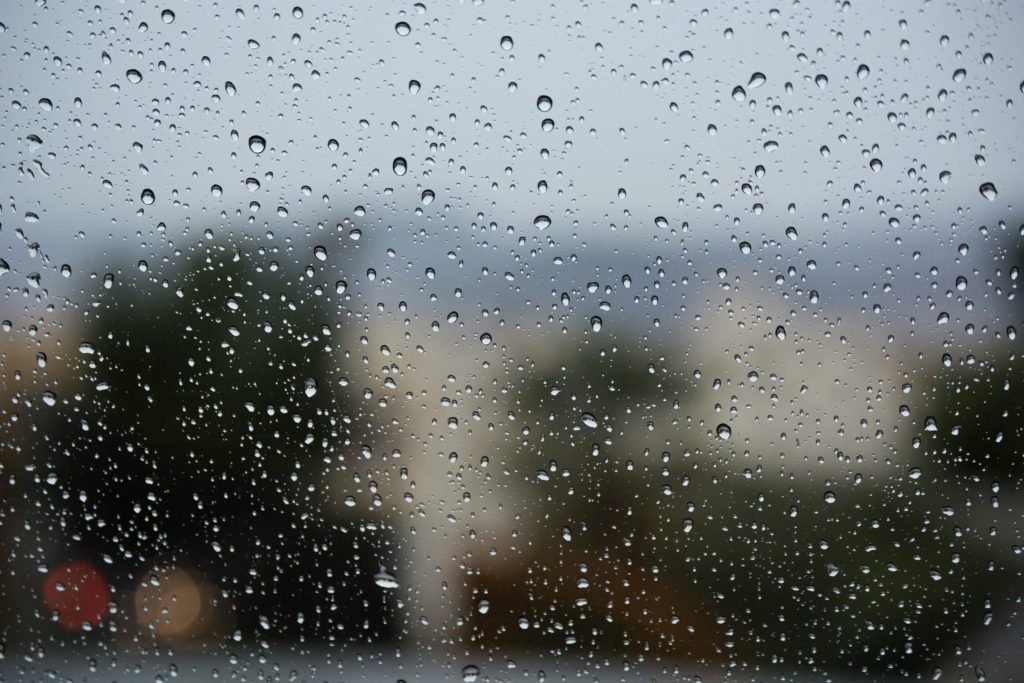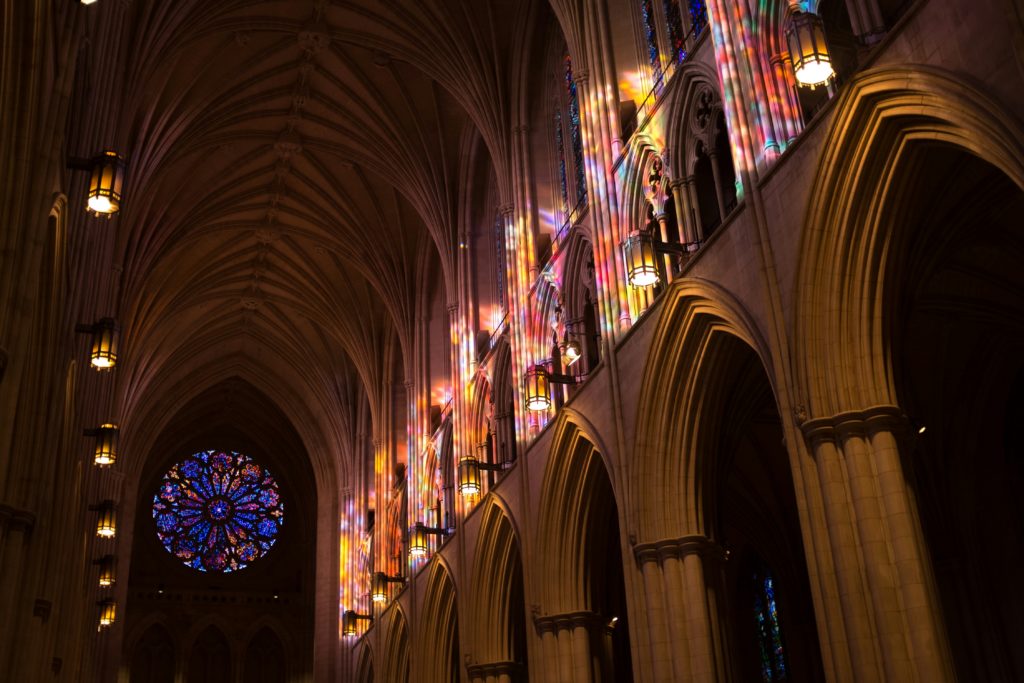
Humanity has had endless opportunities to change for the better, and we have chosen not to. If we want our children to thrive in the years to come it is obvious that we need to find a way to transform our thinking. It is clear now that we have the technology to tackle Climate Change and that much of Nature can recover if we restore it and treat it well. What is not apparent is that mankind is capable of making the necessary leap into the unknown world of a different future – a future that requires us to adapt in order to live in a functioning environment.
We need to change us to change the future
There are a number of organisations and writers now that are particularly looking at how humanity interacts with each other and whether that is successful or not.
1. Joanna Macy (the American ecologist) has said in her book “Coming Back to Life” that in order to create a successful future we need to achieve what she calls The Great Turning. She defines this as “new and creative human responses that enable us to change from a consumer society to a happier and more sustainable one”. It is obvious to her that there are a number of things we need to do. One of those is that we need to make a shift in our values. In other words to create a better future we need to change how we see the world and our own principles.
2. The Inner Development Goals Organisation believes that “without a foundational shift in human values and leadership capacities, “ we may not solve the problems that face us in time.
The organisation has created a framework which consists of various skills required for individual inner growth and development. They believe these can catalyse global change. The organisation also believes that mankind needs to develop those skills as we are living in an increasingly complex world. Right now we lack the capacity to deal well with that complexity.
Where are we now?
Clearly we are not sufficiently prepared to build a better world. At present we live in a consumer society where acquiring “stuff” is important to how we see ourselves and how we fit into society. We are used to our place in an environment where our ability to compete defines who we are. The colour of our skin, our sexual orientation and often our sex affects how we are treated. We seem to have lost our compassion and empathy for other people. We have also become apathetic in our dealings with the problems we face. This has brought us lives of loneliness, wars, constant but not necessarily fruitful busyness, injustice and inequality to name just a few.
Our Future ?

To have any hope of transforming this situation, humanity needs to look at the idea of inner growth. We need to see ourselves as part of Nature and to be grateful for what it gives us. What is more we must remind ourselves that we are not separate from other human beings but part of one interwoven world. We need each other.
Finally we need to develop our qualities of courage, compassion, honesty, empathy (and others) and to hone our abilities to solve complex problems.
We have not lost these values completely but they seem to be becoming increasingly rare. They do, however still exist and can be thrilling and inspire hope when we see them. Here are some examples:-
Courage
The National Cathedral in Washington

The only thing necessary for evil to triumph is for good men to do nothing
This week the Episcopal Bishop of Washington the Right Rev Mariann Budde, when delivering her sermon at the Inaugural Prayer Service in Washington urged the new President to have mercy on “people who are scared now” including families with LGBTQ+ members and immigrants. Many of those have fear for their lives due to the new President’s stated policies. Listen to her here.
To me this seemed like an outstanding act of courage. She was speaking to a powerful congregation who were not necessarily aligned with her belief in a loving God. She is believed to have received death threats afterwards.
In this instance the Bishop was principally talking about issues of racism and inequality. However humanity is now faced with a situation where our existing values are taking us down a path of no return, a path where we are confronted with a multitude of challenges that need us to change course from the path we are on.
Compassion
This is the ability to recognize our common humanity and suffering. Beautiful examples of this for me include the boats on the Mediterranean that rescue refugees who have set sail from Africa in small dangerous craft. Here is an example of doctors from MSF who rescued 162 people from such a boat.
Honesty
More and more, especially with the proliferation of social media, we cannot believe what we are being told. Newspapers and other outlets that we trusted are lying to us because it suits them politically. The Washington Post has a slogan that says, “Democracy dies in darkness”, but it seems to be losing its way. We cannot plan a different future if we do not know what is happening in the world. Nor can we negotiate with other people if they may be lying to us. Sadly, lying about situations or events is becoming more common. How can we be compassionate about refugees if we are constantly being told they are the scum of the Earth?
There are still journalists out there that are free to tell us the truth, given that each outlet has a slant in the way they see the world. I personally like the Guardian newspaper in the UK and an online newspaper called Open Democracy. I feel I will get the truth from them.
These are a very few examples of how humanity needs to change to allow us to develop a safer, healthier, happier and more sustainable future.
How can you develop these qualities that we so desperately need?
If you are reading this it is likely that you have many of the skills required anyway. But I think we can never reflect too hard on where the “other side” is coming from in a discussion. Do we know all the facts before we blame them? Do we really understand what it is like trying to deal with Climate Change when you have nothing to eat?
Should we think a little longer before saying we know the answer when we don’t know all the facts? Are we showing empathy in our talks with others? Are we kind to our neighbours?
There is so much each of us can do if we stop and think.
To subscribe to my blog, please use the form on the Home page.
Photos by Cynthia Magana, Ángel Navarro and Ryan Arnst on Unsplash

Thank you Doreen for sharing these examples of courage, compassion, and honesty. We all need to be shown bright spots in the dark landscape. It is important to not give up, and to continue to believe in goodness.
Thank you Jenny. Yes I agree with you. We can’t give up, and there are many bright spots in the darkness.
I think it was Martin Luther King that said “in the darkness the stars shine brighter.” So we need more stars!
How wonderful that there are people like Doreen putting out a strong message of hope, in a world which is generating so much despair. Thank you
Thank you George.